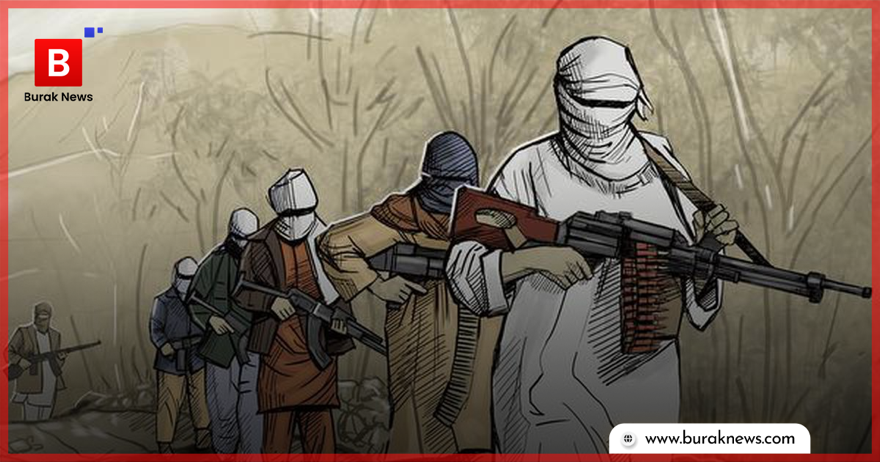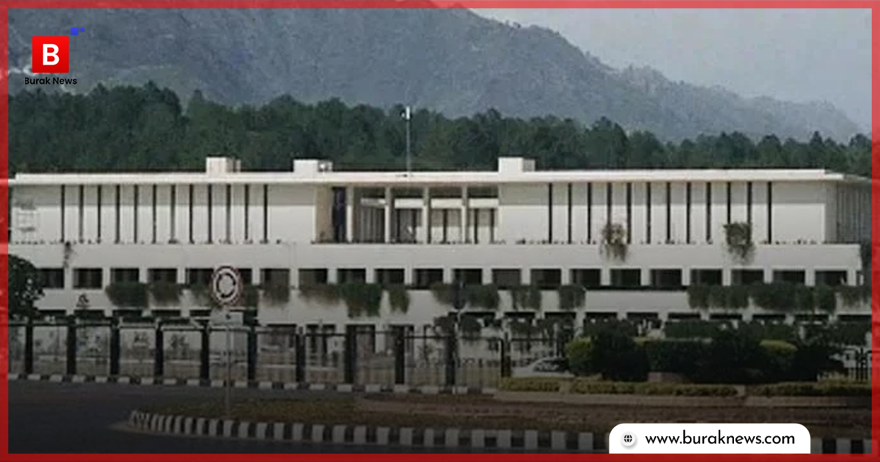War Without Borders: Understanding the 5th Generation Threat

Technology brings advancement, but with this tech boom come challenges and threats. Pakistan is facing real risk of an inevitable holistic war that involves everything from bombs to bots. David Axe quoted US Army Major Shannon Beebe that “fifth-generation as a vortex of violence, a free-for-all of surprise destruction motivated more by frustration than by any coherent plans for the future.” Pakistan is one of the few countries which will be affectees of this 5th generation threat. Observation, disinformation, propaganda, cyberattacks, and fake news are all the contemporary tools of this war. The most lethal form of which are cyberattacks. There have been multiple cyberattacks in Pakistan, which have raised serious concerns about the cybersecurity defense mechanisms of Pakistan. The biggest cyberattack was in 2021, when the hacker broke into the FBR and took $30K worth of personal data which was later traded on Russian sites after the system was reinstate. In 2020, there was another cyberattack on K Electric when the hackers stole important and crucial data of the citizens, which included CNICs, bank details, and tax information. Hackers threatened to sell the customer data of K-electric on the dark web and demanded a $7 million ransom. Unfortunately, K-electric lost 8.5 giga bytes of the stolen data. In 2021, an online Pakistani music platform “Patari” was hacked, which putting personal information of 275,000 users on the stake, later sold on Russian and English hacker’s forum. As per the report of the Cyber Express (USA), in 2024, Islamabad Safe City Authority experienced a security breach, when hackers were able to take over their main server to get hold of unauthorized access of database including crucial information and criminal records. This security breach uncovered multiple flaws within the digital setup of safe city project. These cyberattacks targeted crucial networks of government and private sectors, and have brought the loopholes in the national and national cybersecurity defense system in the spotlight. There is no doubt that Pakistan is experiencing digital advancement, but in this modern interconnected world, securing digital boundaries is crucial for national security. The in and out flow of information and data is way too vast, so are the cyberthreats that are threatening the vital networks to destabilized the country. Without a second thought, cyberattacks pose substantial risk to country’s sovereignty, and can paralyze governments decision making power, as in 2021, Pakistan witnessed K-Electric destroying its data to avoid cybertheft.
Not only cyberattacks, but fake news, misinformation, and propaganda are also raising issue of national security. Pakistan’s digital media platforms are fully engaged in spreading chaos and propaganda. Misleading facts and false reporting have incapacitated the intellectual abilities of youth. Politically biased individuals have created abhorrence against the state, which has poisoned the youth of the country. In such environment, truth becomes elusive and nation remains unaware of facts, information, and true picture. We believe what we see and refrain from researching which is the lead cause of 5GW. Our youth need to understand this phenomenon and we should be ready to go to the far side of the moon for research and keeping ourself up to date with the latest trends of information warfare. Without a doubt our arch rival India has already waged a 5GW against us. The dynamics of this war are far reaching bringing both the countries at the brink of catastrophe. From disseminating misinformation against establishment to generating content on ethnicity conflict, India has never fallen short of promoting hate against Pakistan both on regional and international forums. As reported by Al-Jazeera, in 2021, “EU Disinfolab” published a report called Indian Chronicles, which revealed Indian network promoting anti-Pakistan narrative in Europe and United Nations. The report also exposed an Indian operation which continued for over fifteen years in 116 countries, having more than 500 fake media outlets. These are the tactics of 5th generation warfare that our youth is unaware of. Pakistan has lost thousands of lives in its war against terror, the war of bombs now evolves into the war of bots which surely is more lethal and destructive.
Points to ponder: what is to be done, how is to be done and an estimation of possible outcomes? In combating the looming threat of this 5th generation war threat, we need to set a target for counter operation to ensure the sovereignty and deterrence of this nuclear armed state. Given the fact that 79% of Pakistani population are below the age of 40, whom with proper education and training can be turned into real warriors against this threat. Pakistan has to reform cybersecurity laws to safeguard its digital infrastructure. Proactive tactics and international partnerships are vital in ensuring cyber resilience. By prioritizing the threat of 5GW and adopting an inclusive approach, Pakistan can effectively thwart these cyberthreats and can protect its communication infrastructure.
The writer is a Researcher based in Islamabad.
Muhammad Asim Saddiqi
This article was originally published on Pakistan Observer.







